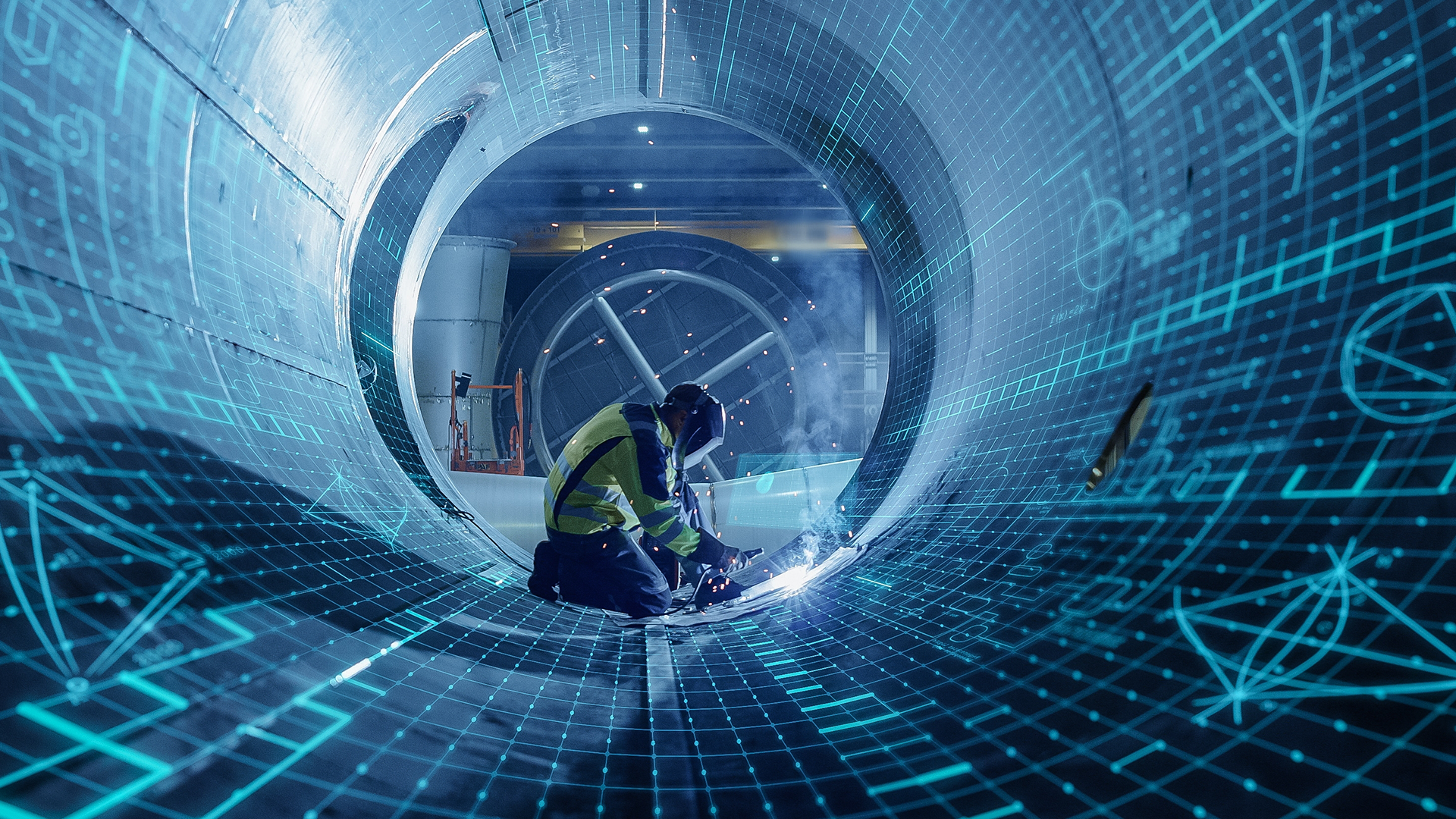The engineering industry is in a transformative period, with groundbreaking advancements shaping how we live, work, and interact with the world.
At Rise Technical, we are passionate about staying ahead of the curve, connecting talent with forward-thinking companies that drive these advancements. Here’s a look at some of the key trends that will impact engineering in 2024 and beyond, and what they mean for both professionals and employers.
1. The Rise of Renewable Energy and Sustainability
As the world pushes toward net-zero goals, renewable energy solutions are expanding across industries. Wind, solar, and green hydrogen projects are booming globally, while energy-efficient design is reshaping traditional sectors like manufacturing and construction. Engineers with expertise in sustainable energy and environmental impact will be in high demand, especially in regions committing heavily to green initiatives, like the US, UK, and Europe.
What this means for engineers: The demand for sustainable skill sets is rising, making it an excellent time for professionals to upskill or specialize in green technologies.
What this means for companies: Hiring engineers with green tech expertise will position organizations as leaders in sustainability, appealing to increasingly eco-conscious clients and stakeholders.
2. Artificial Intelligence (AI) and Robotics in Engineering
AI and robotics are revolutionizing every corner of engineering, from automated manufacturing processes to AI-driven design in civil engineering. AI optimizes processes and increases productivity, enabling engineers to make data-driven decisions faster and more accurately. Robotics, meanwhile, is enhancing the precision and efficiency of tasks that were once solely human-driven.
What this means for engineers: Professionals who understand AI, machine learning, or robotics will have a distinct advantage, particularly as these technologies integrate further into daily engineering practices.
What this means for companies: Adopting AI and robotics can boost efficiency, reduce errors, and make companies more competitive. The trick will be finding the talent to implement and optimize these systems.
3. Remote Engineering and Virtual Collaboration
Since the pandemic, remote work has become an integral part of many industries, and engineering is no exception. The rise of remote engineering and virtual collaboration tools allows professionals to work on projects from anywhere in the world. Engineering firms are now tapping into a broader talent pool without geographical constraints, and this shift is particularly evident in fields like software engineering and civil engineering project management.
What this means for engineers: Flexibility is key. Those comfortable working remotely and skilled in virtual collaboration tools will stand out in the job market.
What this means for companies: Embracing remote work can help companies attract a diverse range of skilled engineers. However, it requires robust virtual tools and platforms to maintain effective communication and project management.
4. Cybersecurity in Industrial Systems
As industries become increasingly digitalized, cybersecurity in industrial systems is more crucial than ever. Cyber threats to infrastructure, manufacturing plants, and energy systems are on the rise, and companies need engineers who can design and implement secure systems. This trend impacts sectors from energy to construction, as more systems go online.
What this means for engineers: Cybersecurity knowledge is becoming a valuable asset for engineers, especially those working with digital control systems, IoT, and industrial software.
What this means for companies: Building a strong cybersecurity infrastructure is no longer optional. Companies must proactively hire talent skilled in cybersecurity to protect their systems and data from cyber threats.
5. Emphasis on Workforce Diversity and Inclusion
Diversity and inclusion are no longer just buzzwords—they are essential components of a thriving workplace. Diverse teams bring fresh perspectives, improve problem-solving, and foster innovation. Engineering, traditionally male-dominated, is making strides toward becoming more inclusive, but there’s still work to be done.
What this means for engineers: Engineers from diverse backgrounds are encouraged to join the industry, bringing their unique insights and experiences to the table.
What this means for companies: Focusing on diversity is more than a hiring strategy; it’s a growth strategy. Inclusive teams can better meet the needs of diverse markets, so building a culture of inclusion is a competitive advantage.
Looking Forward: Embracing Change
The future of engineering is bright, but it will require a proactive approach. For engineers, staying adaptable and continually learning new skills will be crucial to success. For employers, building teams with diverse, future-ready skill sets will help organizations remain competitive in a rapidly evolving landscape.
At Rise Technical, we are excited to connect the industry’s top talent with the companies shaping our future. Whether you’re looking for the next step in your career or aiming to build a team of trailblazers, we’re here to support your journey. Reach out to us today to learn more about how we can help you rise together into the future.
Find out more by contacting enquiries@risetechnical.com












